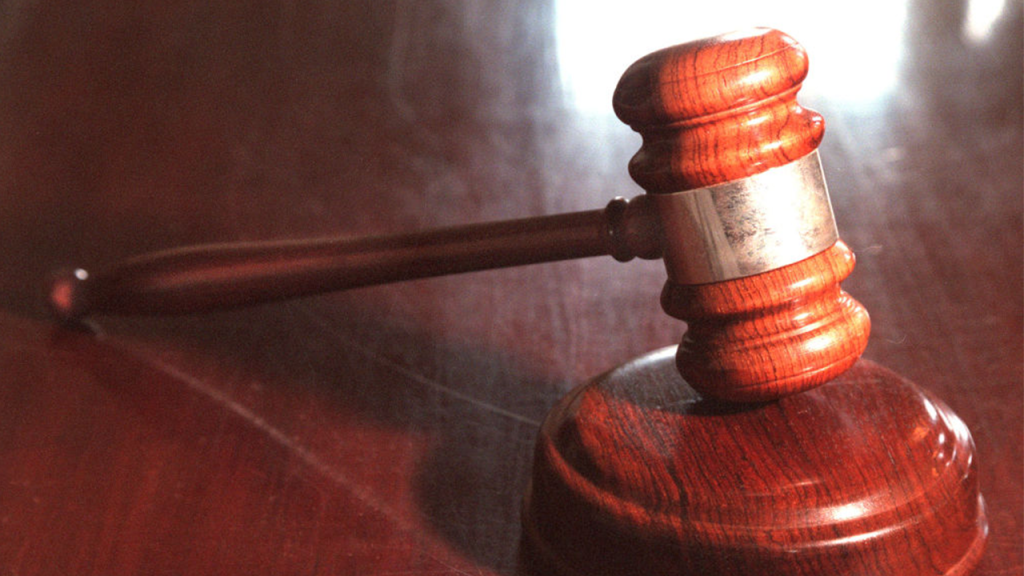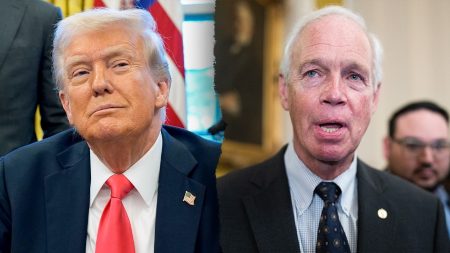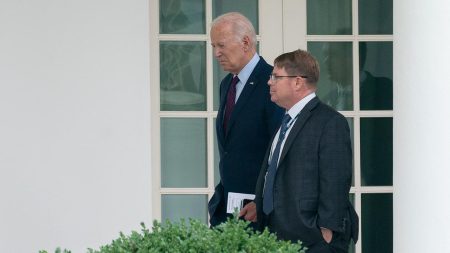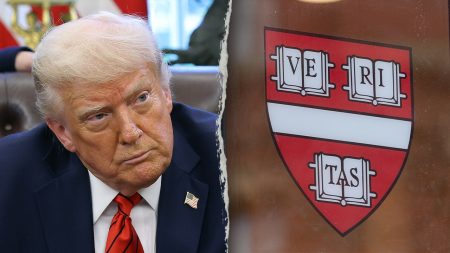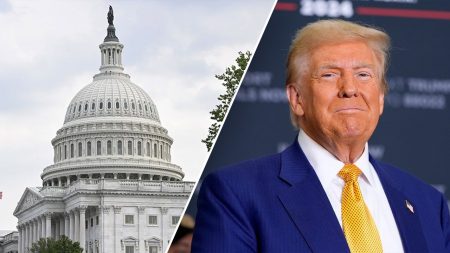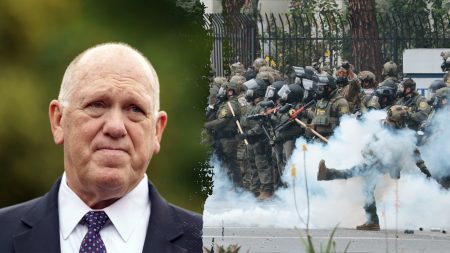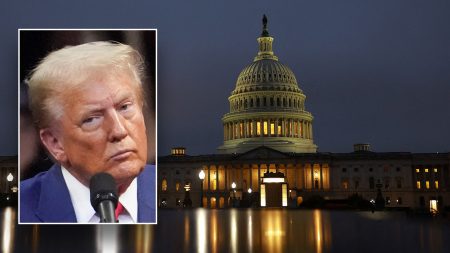The Oversight Project, a conservative legal watchdog, is challenging a consent decree between the Department of Justice (DOJ) and the city of Louisville, Kentucky, regarding police reforms stemming from the 2020 death of Breonna Taylor. The group argues the decree imposes excessive restrictions on law enforcement, mirroring demands made by Black Lives Matter activists, and will ultimately hinder public safety. They are filing an amicus brief with the U.S. District Court for the Western District of Kentucky, urging the judge to reject the agreement. The Oversight Project believes the decree will transform Louisville into a “sanctuary city for gangbangers” by severely limiting officers’ ability to react swiftly and decisively, especially with individuals deemed “behaviorally impaired.”
The consent decree arises from the controversial police shooting of Breonna Taylor during a drug raid. Her boyfriend, Kenneth Walker, fired a “warning shot,” striking an officer, which led to the return fire that killed Taylor. While one officer was later convicted for firing blindly into the apartment, Louisville settled a wrongful death lawsuit with Taylor’s family for $12 million. Attorney General Merrick Garland announced the consent decree as a means to prevent similar tragedies, claiming it would implement systemic police reforms. However, the Oversight Project contends that the decree will instead handcuff the police and undermine the will of Kentucky voters who elected Republicans to the Louisville council on a law-and-order platform.
The Oversight Project’s Executive Director, Mike Howell, criticizes the decree for its focus on de-escalation techniques, particularly in interactions with individuals considered “behaviorally impaired,” and its restrictions on stop-and-frisk practices. He expresses concern about the rising teenage murder rate and believes the decree’s new standards for handling youth offenders will exacerbate the problem. A key concern for the Oversight Project is the five-year duration of the decree, which, if approved, would prevent any adjustments to policing policies by the Louisville council, Kentucky lawmakers, or the public. The decree would grant authority over policing policies to a court-appointed monitor, not the elected representatives.
Howell suggests the Biden administration and Louisville Mayor Craig Greenberg, a Democrat, are rushing the approval process to avoid potential opposition from a future Trump administration. He argues they are attempting to circumvent the legislative process by using the court to enact policy changes. In contrast, Mayor Greenberg asserts that the consent decree builds upon previous reforms, will not unduly restrict police officers, and includes a clear sunset date. He emphasizes that the DOJ will not be able to alter the agreed-upon terms, allowing officers to focus on their duties rather than bureaucratic procedures. Louisville Police Chief Paul Humphrey echoes this sentiment, expressing confidence that the decree provides clear guidance and goals for officers.
The Oversight Project’s amicus brief is supported by law enforcement advocates like Jason Johnson, president of the Law Enforcement Legal Defense Fund. Johnson argues that the decree represents an “activist wish list” rather than a practical solution to constitutional violations by police. He believes that the DOJ is exceeding its authority by imposing overly burdensome rules and prefers technical assistance letters, which encourage reforms without judicial oversight. Johnson criticizes the Biden administration’s “sledgehammer” approach, arguing it negatively impacts public safety, police morale, and police-community relations.
The Oversight Project hopes the judge will recognize the alleged attempt by Greenberg and Garland to usurp legislative authority over law enforcement practices. The decree’s five-year duration would make it difficult for a future Trump administration to modify the imposed policies. Howell warns that the detailed new policing standards will likely be exploited by criminals, further compromising public safety in Louisville. This legal challenge represents a significant clash between those seeking police reform and those who prioritize law and order, highlighting the complex and often contentious debate surrounding policing in America.




